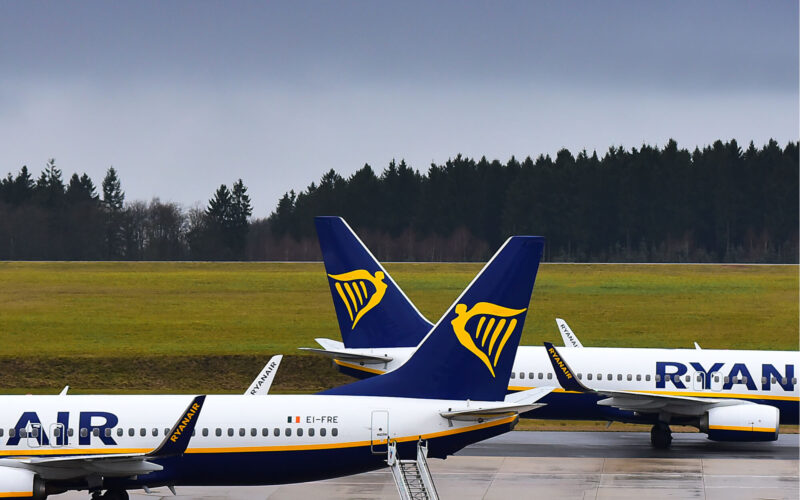Ryanair says around one-third of its decarbonization will come from increased use of sustainable aviation fuels (SAF), highlighting how airlines see the fuel as a crucial tool in efforts to cut emissions.
Ryanair’s announcement on its net zero plans came as Finnair said it was planning to participate in plans by airline alliance OneWorld agreement to purchase up to 200 million gallons of SAF per year from Colorado-based renewable fuels producer Gevo. Delivery of the fuel will commence from 2027, for a five year-term, Finnair announced on March 21, 2022.
“Finnair has set a long-term target to fly carbon neutral in 2045 and SAF is an important part of the toolkit for reaching this target,” the airline said.
The Irish low-cost carrier said it plans to become carbon-neutral by 2050. On March 21, 2022, it unveiled a program called ‘Pathway to Net Zero’.
“As Europe’s greenest major airline, Ryanair understands that aviation plays a pivotal role in tackling climate change and our Pathway to Net Zero will help us do just that,” Thomas Fowler, Ryanair’s Director of Sustainability, said in a statement.
Ryanair said its plan was made up of four pillars:
- 34% decarbonization through the increased use of SAF
- 32% decarbonization through technological & operational improvements
- 24% decarbonization through offsetting & other economic measures
- 10% decarbonization through the introduction of better Air Traffic Management
The airline said it was therefore working with the European Union and fuel suppliers to boost the supply of SAF.
Airlines can currently use a 50:50 blend of SAF to power engines, but availability and price remain an issue. Manufacturers are also working on getting engines certified to run on 100% SAF.
“The high price and limited availability of sustainable aviation fuels still present challenges for increasing its usage in commercial aviation, and thus stimulating demand and supply is important to drive down the price of SAF and to increase its availability – underlining the importance of joint commitments like that of oneworld member airlines,” said Eveliina Huurre, SVP Sustainability at Finnair.
Ryanair also said it will continue to invest in newer, more fuel-efficient aircraft, as well as use offsetting measures and push for more efficient air traffic management of airspace, via the Single European Sky ATM Research initiative.

